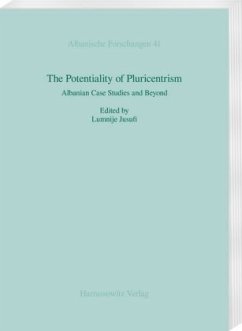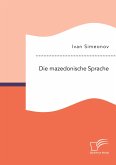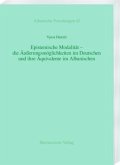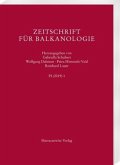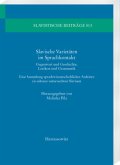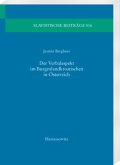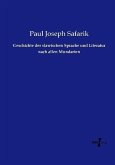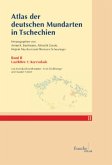Pluricentrism is a common point of discussion for larger European languages such as German, English, French or Spanish but a less discussed phenomenon among other, smaller European languages, such as Albanian. Not only is it less common but also, often for ideological reasons, a difficult issue to broach, especially for Southeastern European languages. Nevertheless, the present anthology by Lumnije Jusufi has taken on the challenge of examining the differences in Albanian as it is written and spoken in Albania, Kosovo and Macedonia. Drawing comparative examples from other Southeast European languages as well, the volume also addresses the limits of pluricentricism. Thirteen chapters deal with pluricentrism in various spheres of language use, discussing in three major parts the causes, possibilities and limitations of pluricentrism - for Albanian and beyond. In the introduction, the editor briefly explains pluricentrism and the selected case studies. The chapters are written either in German or in English, each German article being preceded by an English abstract. The appendix presents the program of the conference Pluricentric Albanian upon which the volume is based as well as the conference report, and the list of contributing authors. The volume opens a relatively new field of research in Albanology and a difficult one in Slavic Studies.

